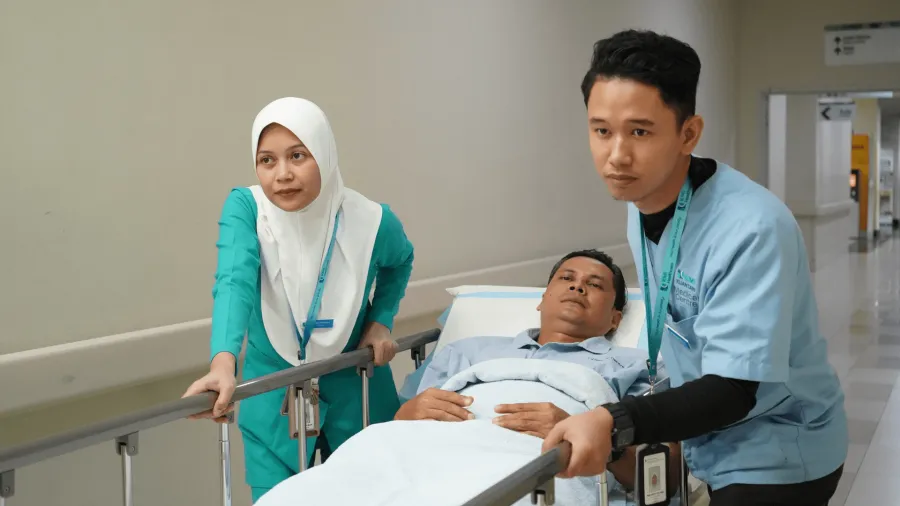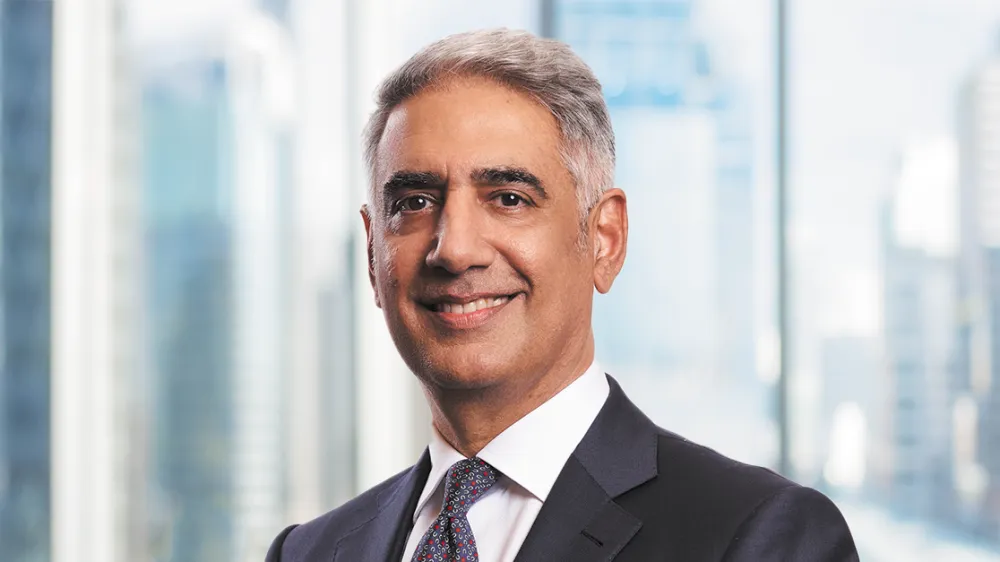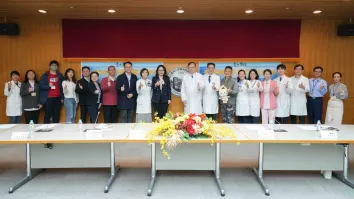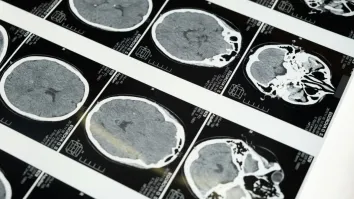
KMI Healthcare to open 100-bed specialist hospital in Penang
Due in 2028, the facility will offer advanced imaging systems and modern surgical tech.
Malaysia’s Kumpulan Medic Iman Sdn Bhd (KMI Healthcare) is investing $34m (RM146m) in a 100-bed specialist hospital in Bertam, Penang state, where there are no private healthcare services.
“A new facility allows us to design solutions that meet both current and future needs of these communities,” KMI Healthcare CEO Rayney Azmi Ali told Healthcare Asia in a Zoom interview. “Our strategy focuses on single-bedded facilities, offering patients comfort and privacy while maximising bed occupancy.”
Called KMI Bertam Medical Centre, the hospital would be accessible via the PLUS highway, making it convenient for patients and their families, he added.
Bertam, a growing township, has no private facility, forcing residents to rely solely on a government hospital.
Ali said the hospital, which is expected to be completed by 2028, would also meet the demand for medical tourism in Malaysia, especially in Penang, which is slowly becoming a prominent destination.
The group’s investment in the facility will focus on diagnostic services, patient-centred care units, and specialised treatment centres. “We are looking at digitalised healthcare solutions, advanced imaging systems, and modern surgical technology.”
The group follows an asset-light model for KMI Bertam, with Bertam Specialist Hospital Sdn Bhd developing and owning the facility.
KMI Healthcare will lease the hospital under an 18-year operational agreement, with an option to extend it for 12 more years, the CEO said.
“This allows us to focus on our core competencies—clinical governance, operational excellence and patient service,” he added.
The group plans to implement a system that allows real-time data sharing and connectivity across its hospital network. “We are also introducing business intelligence tools to support data-driven planning and performance monitoring,” Ali said.
“In parallel, we are exploring the use of artificial intelligence (AI)-assisted diagnostic technologies, particularly in radiology and pathology,” he said. “These tools will help clinicians detect patterns and anomalies with better speed and accuracy.”
KMI is overseeing two hospital projects in Kemaman and Bertam, along with expansion works in Kuala Terengganu and Kuantan. It plans to open four new hospitals in Kemaman, Temerloh, Kota Bharu, and Bertam in the next five years.
“Elsewhere, we remain open to strategic acquisitions where they align with our clinical and operational benchmarks,” Ali said.



















 Advertise
Advertise






